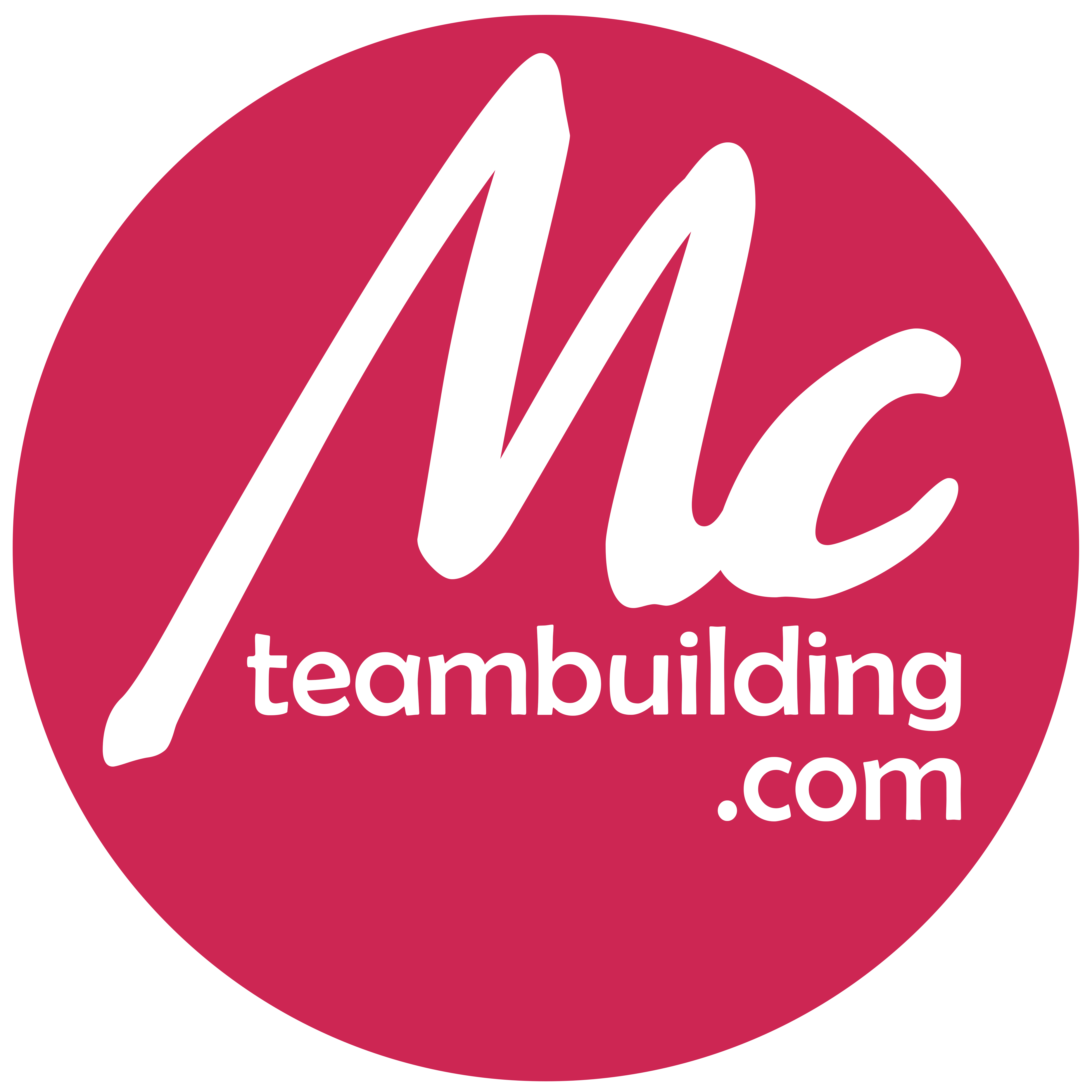
Ice Breakers
Ice breakers – games for begining of team building program.
Ice Breakers are a great way to get people to learn each others names, find out interesting things about one another, and help people begin new relationships.
Aside from name games, ice breakers provide a way to establish common ground between participants, get everyone moving, and create a inviting environment.
These type of activities are especially important on the first day of camp – in fact, leading fun ice breakers helps counselors set ground rules, ease camper anxiety, and start the day off on the right foot.

How To Use Ice breakers Successfully:
Using ice breakers successfully is similar to being able to tell a good story: you need to know your audience, delivery is everything, and good stories build up intensity as they go along. And props never hurt if you have them.
- Know your audience. Before deciding which activities to use, assess the group for the following: age, familiarity with one another, purpose of the group gathering, and potential considerations for physical abilities.
- Build in intensity. A general rule of thumb is a start with activities with limited movement, minimal physical contact, and most simple of rules, and progressively increase each of those factors. For example, start with a simple name game, then a common ground activity, and then a more active game that has some physical contact (ie, high fives‚ or holding hands), and possibly an activity that has lots of motion. Generally, with youth you can move pretty quickly into highly active, or silly games that get everyone laughing. For too-cool teens or very serious adults, you need to proceed very slowly. You can always tell how things are going by the level of conversation and laughter.
- Be very flexible. As with most games, you can change the rules to suit the group. For a group of young campers, you may want to roll a large beach ball instead of throwing an object during a name game, for teens, you may want to throw many objects simultaneously, etc.
- Participate enthusiastically. The whole point of name games and ice breakers is to help participants break down barriers, learn something about the others in the group, and most of all‚ have fun. Be sure to play an active role in the game, as it is important that the campers learn something about you as well. This goes equally as well for corporate or youth groups, too!
- Use fun props. Buy rubber chickens, silly rubber faces, fun stuffed animals, or other objects that create laughter or interest by themselves. Whenever possible, use these props in place of tennis balls, or whatever standard objects you might use. If you don’t have any, don’t worry, the activities are fun enough, fun props are just a bonus!
- Use activities that use the same prop (or maybe none at all). For example, you may not always have a tennis ball hand for a name toss. So, instead of a tossing an object, use high fives, or winks, etc. You might only have a tennis ball rattling around in your trunk, so learn five or so games that you can use with just a ball.
- Change your routine. When you learn a new game, you present it with contagious enthusiasm. When an activity seems stale while you are presenting it, it’s time to change your routine and learn a new game to become enthusiastic about.
Conect us at facebook: Mcteambuildingcom
Website: www.mcteambuilding.com









good game
good team building game artical